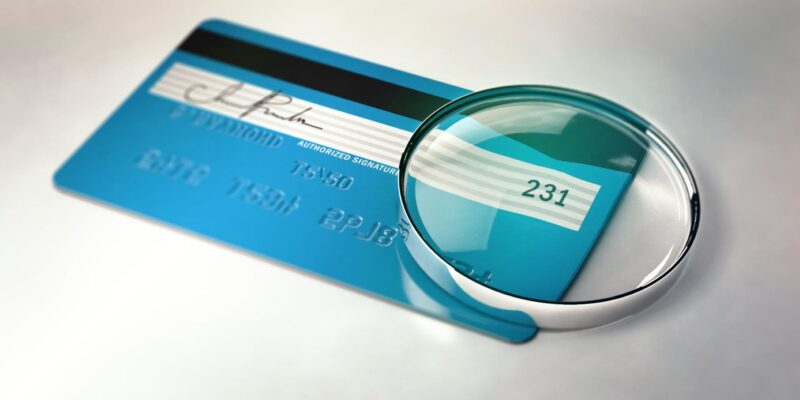Did you know the global payment orchestration market was worth $1.1 billion in 2022? It's…

What is Friendly Fraud?
Did you know that up to 70% of all credit card fraud is friendly fraud? It costs the industry over $132 billion each year. This shows how big the problem is in ecommerce and digital transactions. But what is friendly fraud, and why is it growing?
“Friendly fraud,” or chargeback fraud, happens when someone disputes a transaction they made themselves. It’s different from regular payment card fraud. Yet, it’s becoming more common.
This kind of fraud can hurt businesses a lot. It leads to big financial losses, extra fees, and problems with how things work. As online shopping grows, it’s key to understand and fight friendly fraud.
Key Takeaways
- Friendly fraud accounts for up to 70% of all credit card fraud.
- This type of fraud costs the credit card industry over $132 billion annually.
- Friendly fraud involves transactions disputed by cardholders themselves or their household members.
- It is often mistaken for traditional payment card fraud.
- Increasing ecommerce and digital transactions contribute to the rise of friendly fraud.
Understanding Friendly Fraud
Friendly fraud is a big problem for online stores today. It’s important to understand it to deal with its financial and operational issues.
Definition of Friendly Fraud
Friendly fraud happens when someone buys something online but then says it was unauthorized. This usually happens because of unclear merchant names on statements. Or, it might be because a family member bought something without telling the cardholder.
This type of fraud is common in online shopping. It’s because more devices are connected and store payment info.
Common Causes of Friendly Fraud
Two main reasons for friendly fraud are transaction confusion and first-party fraud. Transaction confusion happens when a cardholder doesn’t recognize a purchase because the merchant name is unclear. First-party fraud occurs when someone in the household uses the card without telling the cardholder, leading to a dispute.
Trends Contributing to the Growth of Friendly Fraud
The rise of online shopping and cashless payments has led to more friendly fraud. Unclear transaction descriptions on statements often cause cardholders to suspect fraud. Also, more devices like voice-activated speakers and streaming services make it easier for unauthorized purchases to happen.
Impact of Friendly Fraud on Businesses
Friendly fraud is a big problem for businesses. It hurts their profits, reputation, and daily work. This section will look at how friendly fraud affects your business.
Financial Consequences
Financial losses from friendly fraud can be huge. Unauthorized transactions or chargeback fraud mean lost sales and extra fees. These costs are especially hard for small businesses.
Adding to the problem, fighting fraud costs more money. This adds to the financial burden.
Reputation Damage
Reputation damage from friendly fraud can slow down your business growth. If customers think you don’t care about their issues, they might leave bad reviews. This hurts your current customers and scares off new ones.
Keeping a good reputation is key. It helps keep customers coming back and increases their value to your business.
Operational Challenges
Dealing with friendly fraud is hard on businesses. Handling disputes and gathering evidence takes a lot of time and effort. It takes away from your main work.
Setting up fraud prevention also costs time and money. This adds to the stress on your operations. IntegralPay can help ease the process by setting up fraud prevention tools such as 3-D Secure with your online business. Contact us now to find out more!



Comments (0)